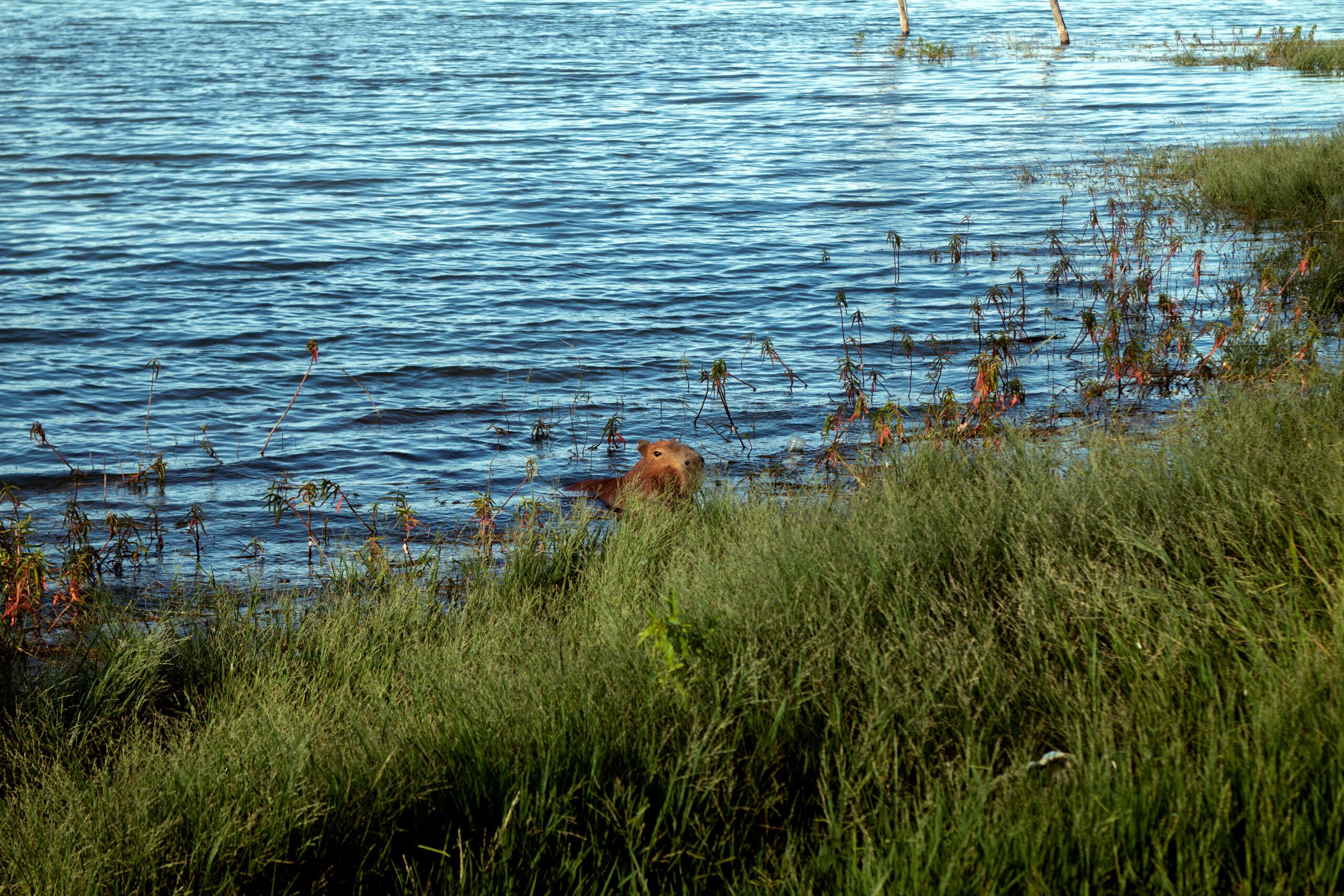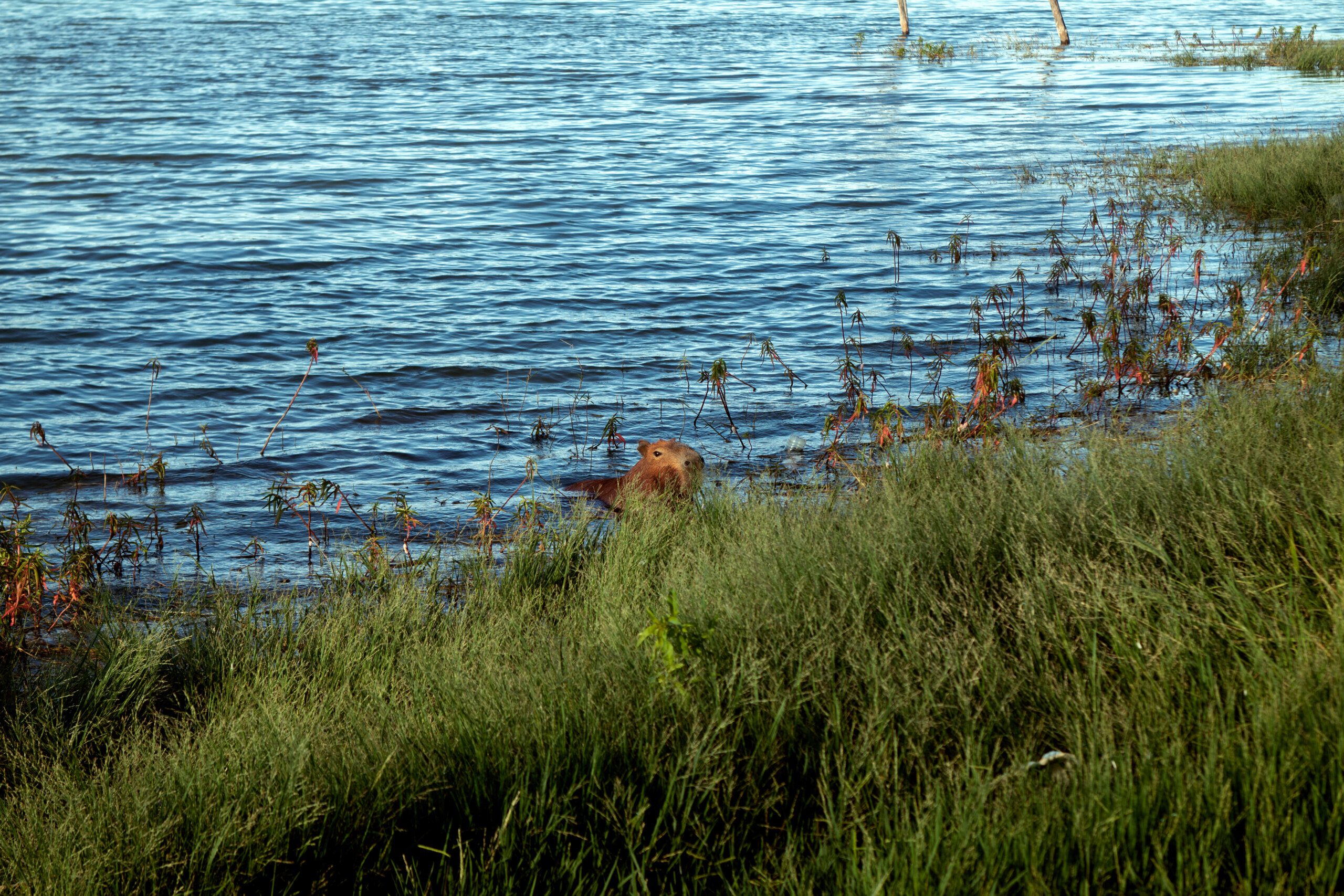Have you ever wondered how long capybaras live as pets? These adorable creatures have gained popularity as exotic pets, but it’s important to consider the lifespan they have in a domesticated setting. Understanding the average lifespan of capybaras can help potential owners make informed decisions about bringing these unique animals into their homes. In this article, we will explore the factors that influence the lifespan of capybaras as pets and provide valuable insights for those considering this unconventional but lovable companion. So, let’s dive into the fascinating world of capybaras and discover how long these captivating creatures can bring joy to our lives!
The Lifespan of Capybaras as Pets

Overview of Capybaras as Pets
Capybaras are highly unique and fascinating creatures that have gained popularity as pets in recent years. These large rodents, native to South America, have captured the hearts of animal lovers with their friendly and sociable nature. Capybaras are often described as giant guinea pigs, as they share similar characteristics and care requirements. They can make excellent pets for those who are prepared to provide them with the specialized care they need.
Factors Affecting Capybara Lifespan
Various factors can influence the lifespan of capybaras as pets. One crucial factor is genetics and breeding. Responsible breeders strive to select healthy individuals for breeding to reduce the risk of genetic disorders and promote overall longevity. Additionally, the quality of care provided by the owners plays a significant role in determining the lifespan of a pet capybara. Proper nutrition, veterinary care, and a suitable living environment are essential for maximizing their lifespan.
Average Lifespan of Capybaras in Captivity
In captivity, capybaras typically have an average lifespan of around eight to ten years. However, with optimal care, some capybaras have been known to live up to 12-15 years or even longer. It is important to note that individual variations in genetics, environmental conditions, and overall health can impact the actual lifespan of each capybara.
Understanding the Lifespan of Wild Capybaras
Wild capybaras generally have a shorter lifespan compared to their captive counterparts. This is primarily due to various environmental factors and the presence of natural predators. In the wild, capybaras face threats from large predators such as jaguars, crocodiles, and anacondas. Their lifespan may also be impacted by availability of food, water quality, and exposure to diseases. These factors contribute to a shorter lifespan for wild capybaras, usually ranging from four to eight years.

Diet and Nutrition for Capybara Longevity
Proper diet and nutrition play a vital role in ensuring the longevity of pet capybaras. In the wild, capybaras are herbivores and primarily consume grasses, aquatic plants, and fruits. Replicating this natural diet in captivity is essential for their overall health and longevity. A balanced diet for captive capybaras should consist of high-quality grasses, vegetables, occasional fruits, and access to fresh water. It is crucial to avoid offering them processed or sugary foods, as these can lead to various health issues.
Veterinary Care and Health Considerations
Regular veterinary care is essential for maintaining the health and prolonging the lifespan of pet capybaras. Capybaras should receive routine check-ups to ensure their overall well-being and to identify any potential health concerns early. Common health issues that can affect capybaras include dental problems, skin infections, respiratory infections, parasites, and obesity. Pet owners should work closely with an experienced exotic animal veterinarian who can provide proper vaccinations, regular dental care, and preventive treatments for parasites.

Environmental Considerations for Capybara Lifespan
Creating an appropriate living environment for capybaras is crucial for their longevity. These social animals require ample space to roam and access to water for swimming, as they are semi-aquatic by nature. It is recommended to provide a well-sized enclosure that offers both indoor and outdoor areas, along with a shallow pool or pond for the capybaras to enjoy. Temperature and climate considerations are also important, as capybaras are native to tropical regions and cannot tolerate extreme cold or heat.
Behavioral and Social Factors Influencing Capybara Lifespan
Capybaras are highly social animals that thrive in groups. Providing them with companionship and opportunities for social interaction can positively impact their overall well-being and lifespan. Solo capybaras may experience loneliness and stress, which can have adverse effects on their health. Therefore, it is recommended to keep capybaras in pairs or small groups, allowing them to engage in their natural behaviors and socialize appropriately.
Capybara Retirement and End-of-Life Care
As capybaras age, they may require specialized care and attention. It is important for pet owners to be prepared for the challenges that may arise during the later stages of a capybara’s life. Implementing modifications to the living environment, such as providing soft and comfortable bedding, ensuring easy access to food and water, and adjusting the temperature to their comfort, can greatly enhance their quality of life. Close monitoring of their health and providing pain management, if necessary, can also contribute to a more comfortable and peaceful end-of-life experience for aging capybaras.
Conclusion
Capybaras can make wonderful and fascinating pets for those who are committed to providing the specialized care they require. Understanding the factors that influence their lifespan, such as genetics, nutrition, veterinary care, and environmental considerations, can help ensure that these unique animals live long and fulfilling lives as cherished companions. By offering them proper care, attention, and love, you can enjoy many joyful years with your capybara friend.



